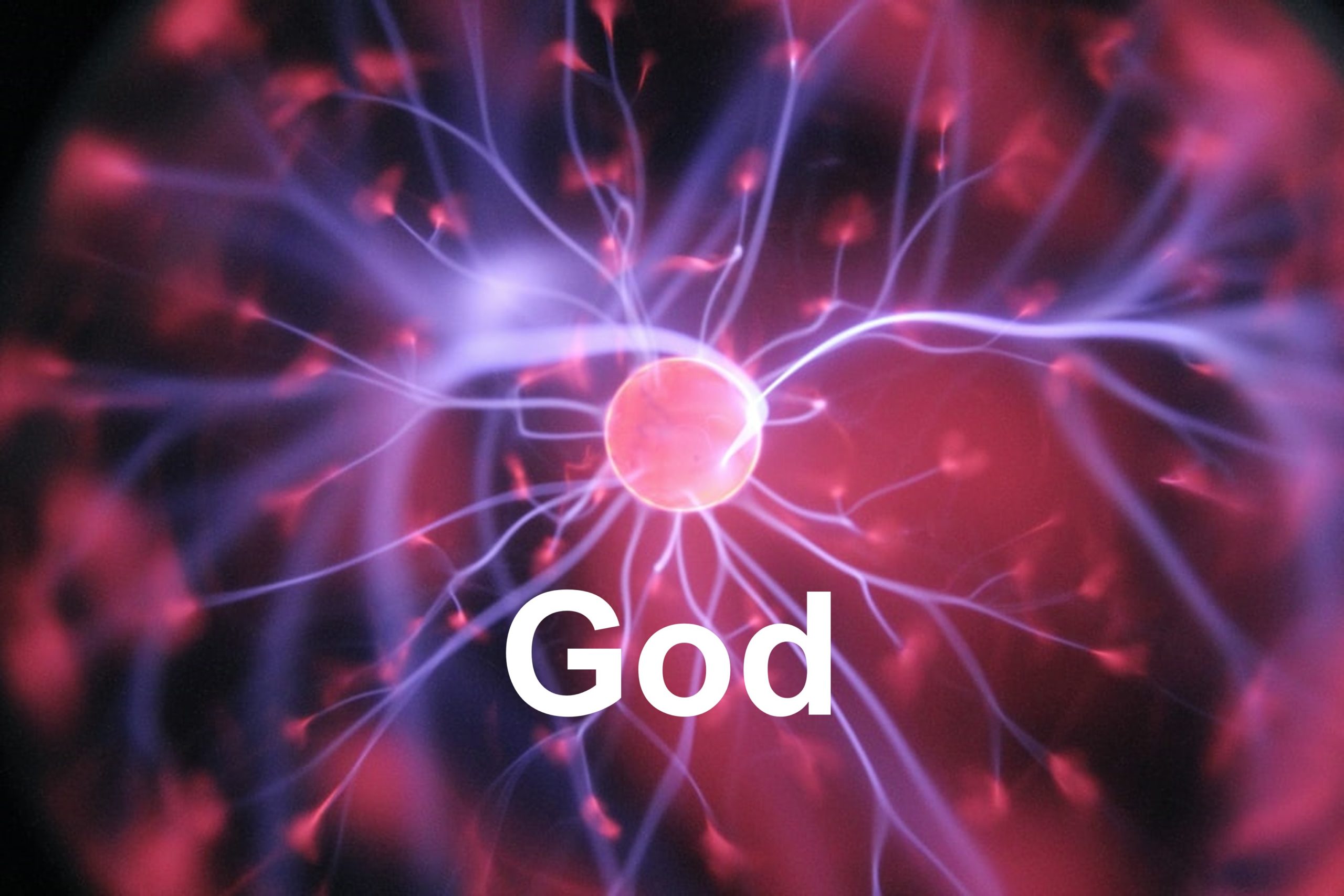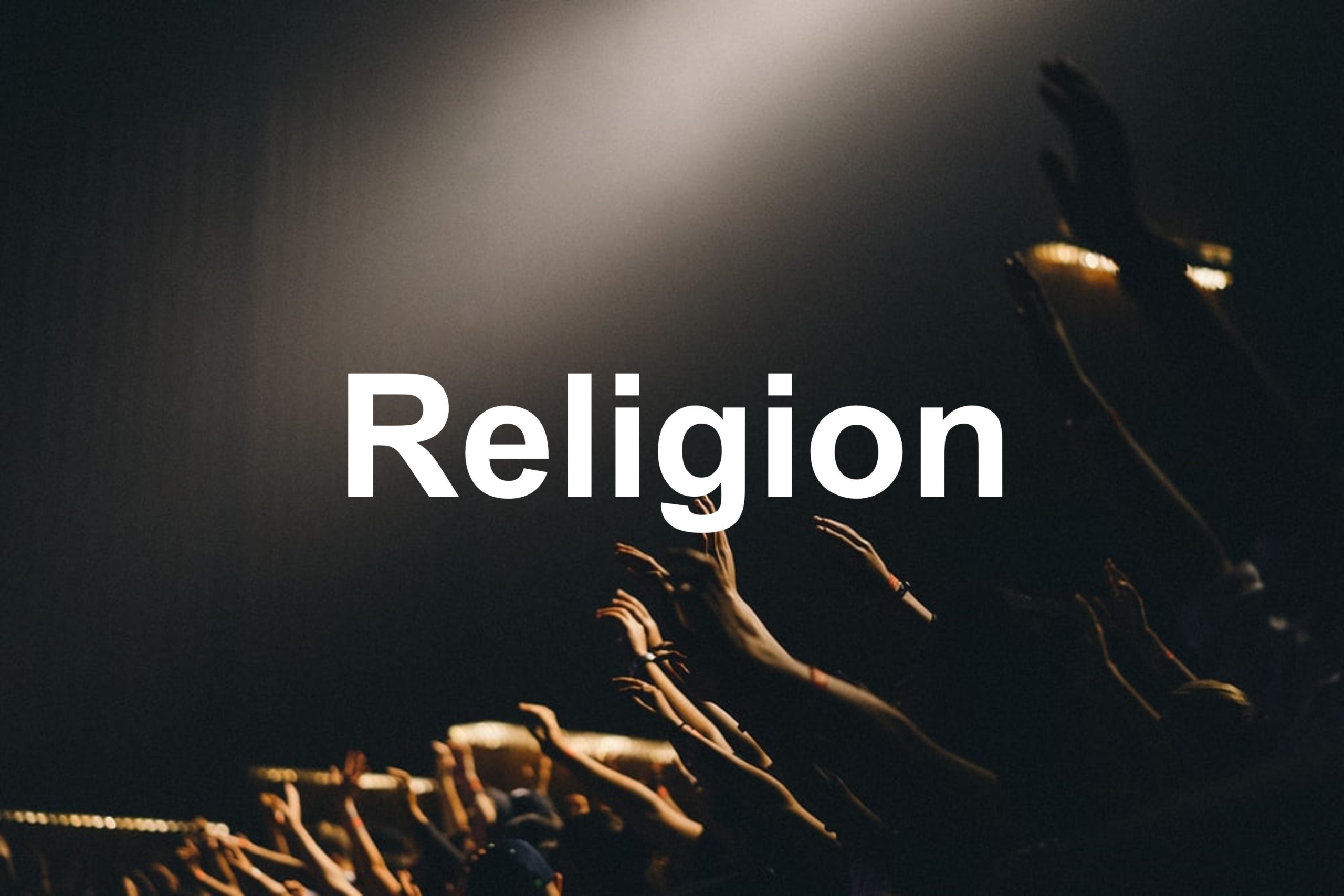Independent Unity Teachings
An Overview
There are two streams of spiritual thought based on completely different premises. Jesus compared these to old and new wine skins: Neither is new wine put into old wine skins; otherwise, the skins burst, and the wine is spilled, and the skins are destroyed; but new wine is put into fresh wine skins, and so both are preserved (Matthew 9:17).
Then as now, these two streams of thought have at their heart a trinity of values, the starting point of all logic that follows. These core values rise from our understanding of the following three topics:
- The nature of God.
- The nature of the individual.
- The nature of the relationship between God and the individual.
Whether we consider the spiritual convictions of an individual or the theology of an entire religious denomination, grasp this trinity of values and you have the key to their spiritual logic as it applies to the range of subjects that follow.
Traditional religious thinking, the old wine skin, is based on the belief that God and the individual are separate. We are born in sin (the fall of man) and in need of redemption if we wish to gain eternal life. The purpose of religious thought and practices is to guide us into salvation, a uniting with God in heaven, an event that occurs after the death of the body.
In contrast, the new wine skin thinking (which is not actually new) is based on the understanding that God and the individual are one. From this view, the challenge is that the individual has become senses-based and has lost the awareness of their unity with God. The objective of this approach is to awaken to the truth of our oneness with God.
Many who are drawn to the new way of thinking still carry the belief in separation from God. This mix of old and new interferes with or cancels out entirely their attempts to implement the new concepts. In other words, they are attempting to apply the principles and logic of spiritual unity with God while unconsciously holding on to the belief in separation.
Our challenge is to become aware of this competing trinity of core values and take a deeper look at our understanding of God, of ourselves, and of the way we think of our relationship to God.
God: Much of the old belief system requires various ways of influencing God’s behavior and attitudes. The new approach from a oneness point of view involves understanding and cooperating with God as Spirit, the Creative Life Force that is infinite energy unfolding through us and as us. God is infinite Being whose characteristics are life, love, power and intelligence. God is omnipresent and accessible to all people at all times regardless of their beliefs or lack thereof. As we open ourselves to God as a living presence, we find a warm and loving companionship, steady guidance, and inspiration that leads us to the establishment of inner and outer conditions that allow for unlimited expression of all that God is.
The Individual: Our understanding of God plays a major role in the way we think of ourselves. The belief in separation causes us to live life trying to measure up to the expectations of God. Those living by this paradigm are vulnerable to control by guilt and shame and they seek to maintain a standard of behavior they assume will be pleasing to God. Those who do not adopt a religious or spiritual approach may still see themselves as incomplete and spend their lives seeking to address feelings of incompleteness by stockpiling things, positions and relationships they hope will give them the sense of completeness they crave.
As we deepen our understanding of oneness with God, we begin to see ourselves as spiritually whole, expressions of the Creative Life Force, and we have simply forgotten who and what we are. Our focus turns from outer to inner directed, an approach that holds as key the process of self-discovery. We begin to understand that our desire for wholeness and abundance of all good is really an intuitive message rising from our inner depths, the voice of our soul.

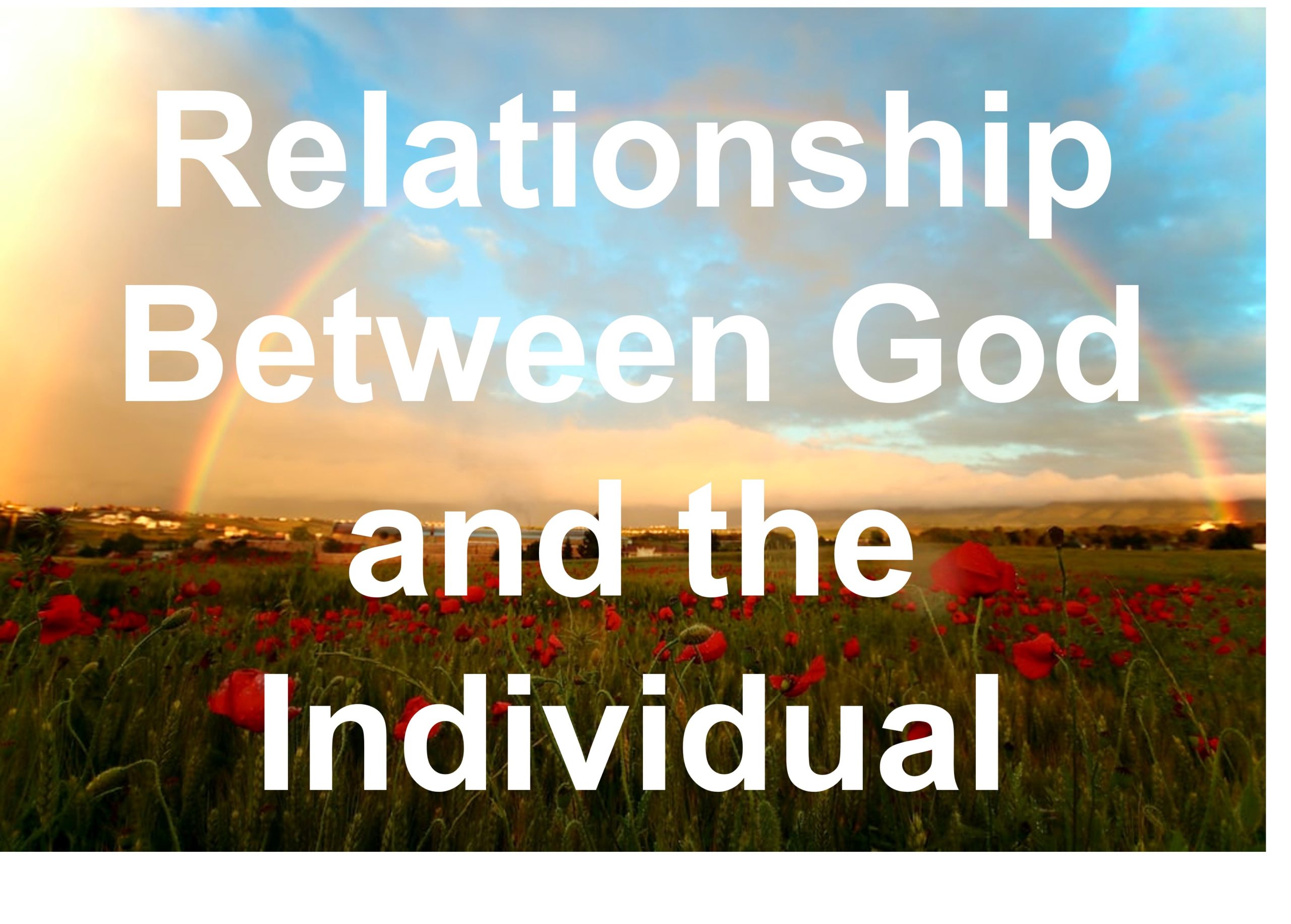
The Relationship Between God and the Individual: There is a widespread perception among religious advocates that humanity is living in a fallen state that began with Adam and Eve’s disobedience to God. According to this perception, the consequence of this “sin” is the condition of separation, illustrated by the first couple being cast from the Garden of Eden. This assumed separation is a powerful belief reflected throughout all aspects of religious architecture, art and music. It is the commonly held theology of sin and salvation embraced as a defining element by most mainstream Christian sects.
Our understanding of oneness begins with the recognition of unity between God and the individual. Understanding this unity puts us in the position of having already received the life, love, power and intelligence of God. Our acceptance of this truth allows us to begin now to express more of these divine gifts as healthier minds, bodies and more prosperous conditions without fear that we need to first earn the approval of God. This notion is exemplified in Jesus’ parable of the prodigal son (Luke 15:11-32). As the parable exemplifies, as expressions of God the question of divine approval and forgiveness becomes a moot point.
Because so many people have been influenced by the old belief that we are separate from God, transitioning from a separation-based faith to a oneness-based understanding is often challenging. It is important to become aware of the times we are attempting to put new wine into old wineskins, of seeking to apply principles of unity while inadvertently holding the old belief that we are separate from God.
Meditation and Prayer: The belief in separation from God causes one to see prayer as the means of contacting or influencing God, usually in a pleading and beseeching manner. The good God has for the one praying is also separate, doled out or withheld at the discretion of God. Meditation, if practiced at all, is thought of as the consideration of something like a passage of scripture, usually with the intention of understanding the message God is seeking to impart to the believer.
From the perspective of oneness, meditation plays a vital role, as it is the practice of stilling the senses and opening the intuitive faculty directly to the indwelling presence of God. This communion can be achieved by all, for oneness with the Creative Life Force is an unalterable condition. Prayer is the process of aligning one’s thought and feeling with what is true at the spiritual level. We do not pray for healing, for example, as if health is a commodity that God has to give us. The prayer for healing is the process of aligning our mind with the truth of our wholeness at the spiritual level. In meditation we experience this wholeness. The healing prayer is the affirmative alignment of our mind with the truth of Being.
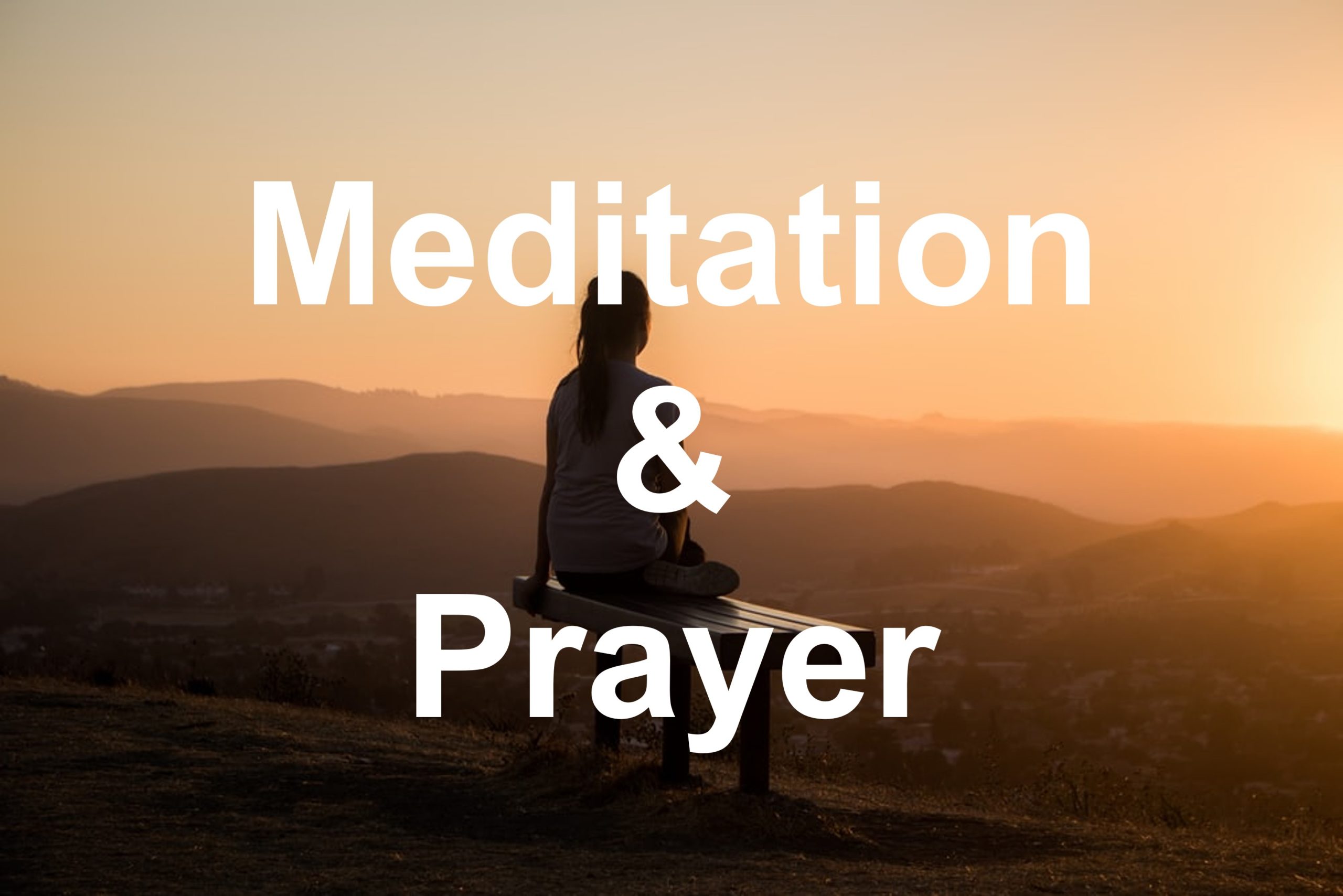

Consciousness: The belief that we are separate from God causes one to place a great deal of emphasis on morality and sin. Moral thoughts and actions are pleasing to God, immoral thoughts and actions are not, with the discerning factor of what is moral and immoral being derived from select scriptures. The emphasis is placed on conscience rather than on consciousness.
From the perspective of oneness, we think of consciousness both as our awareness and as the sum of our beliefs. The character of our beliefs affects the way the Creative Life Force expresses through us.
In metaphysical literature, the soul is often depicted as evolving. It is not the soul but the consciousness, whose nucleus is the trinity of core values, that is evolving. The soul is complete, the image and likeness of God. The experience of God as an all-encompassing, all-sustaining presence, the acceptance of the truth of our wholeness, and the acceptance of our unity with God stimulates a basis of understanding that builds a system of consciousness that is in harmony with Truth. The inner awakening prompts a natural morality in thought and behavior. These moral standards are governed by the individual’s awareness of what is and what is not in alignment with the truth of Being.
Because consciousness provides the foundation for our external conditions, we see in this evolution of understanding a natural improvement in all that concerns us. Added to the principle that consciousness precedes demonstration is the understanding that the trinity of core values precedes our unique expression of consciousness.
Jesus: The mainstream Christian tends to see the person of Jesus as the exclusive means by which the believer is united with God. There can be no doubt that the New Testament writers intended to present Jesus in this light. The question of whether or not Jesus thought of himself in this way is another issue entirely. The belief system we hold, whether it is one of separation or oneness with God, determines how we view the role and the teachings of Jesus. There are scriptural passages that support both approaches. The reason for this mixed message is simple: We do not have a gospel according to Jesus. We know only how the Gospel writers and people like Paul wanted their audience to think of him.
The meaning of Jesus, however, is not to be surmised from the scriptural accounts, but from our trinity of core values. The deeper we delve into our own spirituality, the more we recognize which of those sayings attributed to Jesus are reflections of his own understanding. Viewing Jesus from the perspective of our oneness with God, we can see him as one who lived with a perpetual awareness of his own connection with God who encouraged others to awaken to theirs as well. His message of new wineskins for the new wine was an admonition to shift from an outer to an inner orientation, from practicing the letter of the law to an experience of the spirit of the law.
From the standpoint of separation, we view Jesus as the belief that we are separate from God would dictate. From the standpoint of oneness, we view Jesus from the core value of unity with God. From this point of view we see him as a spiritual teacher who said the things he did we could do as well if we follow his example of drawing from the Father within. Jesus understood and demonstrated the ultimate spiritual awareness we seek in our own experience.
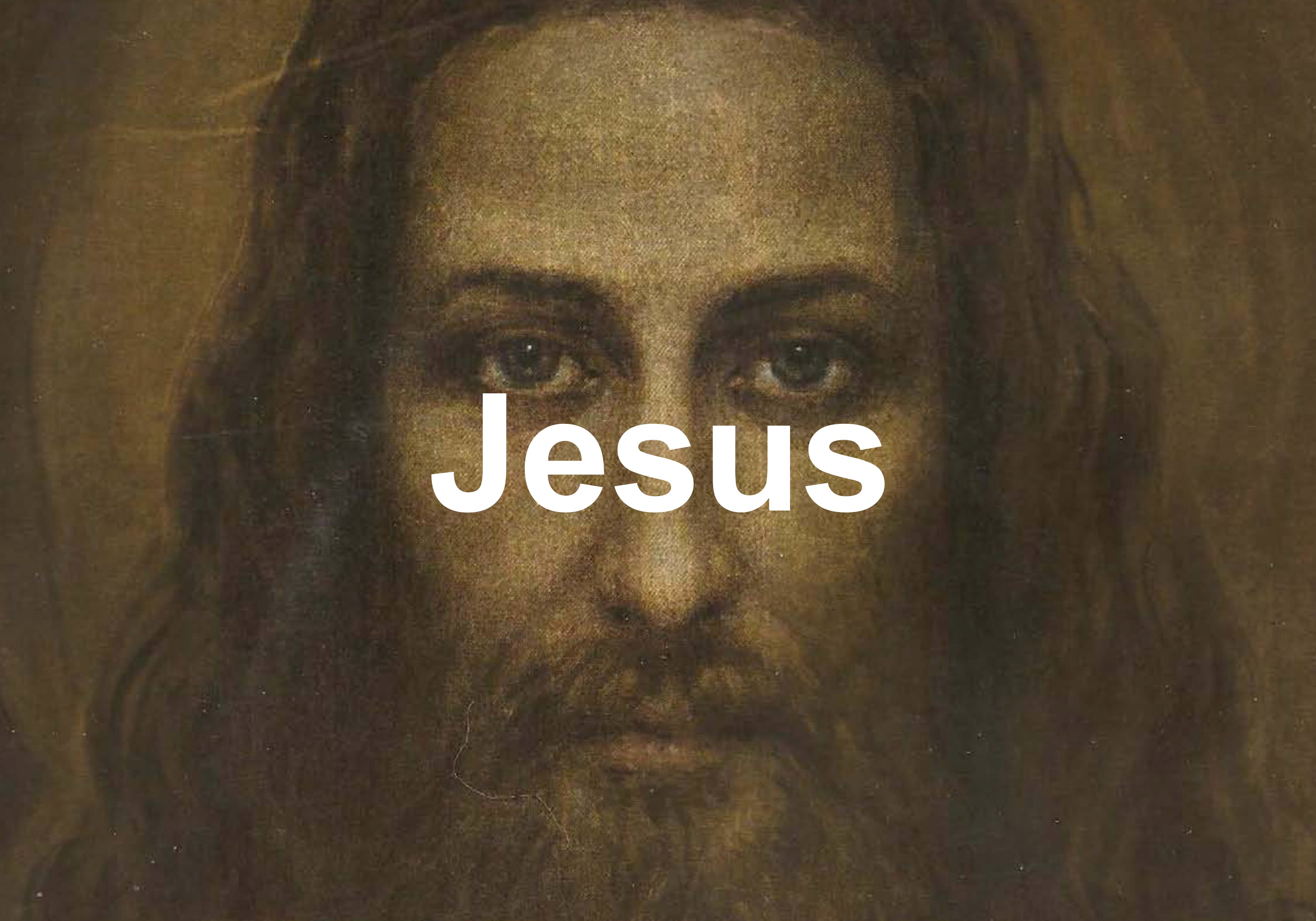
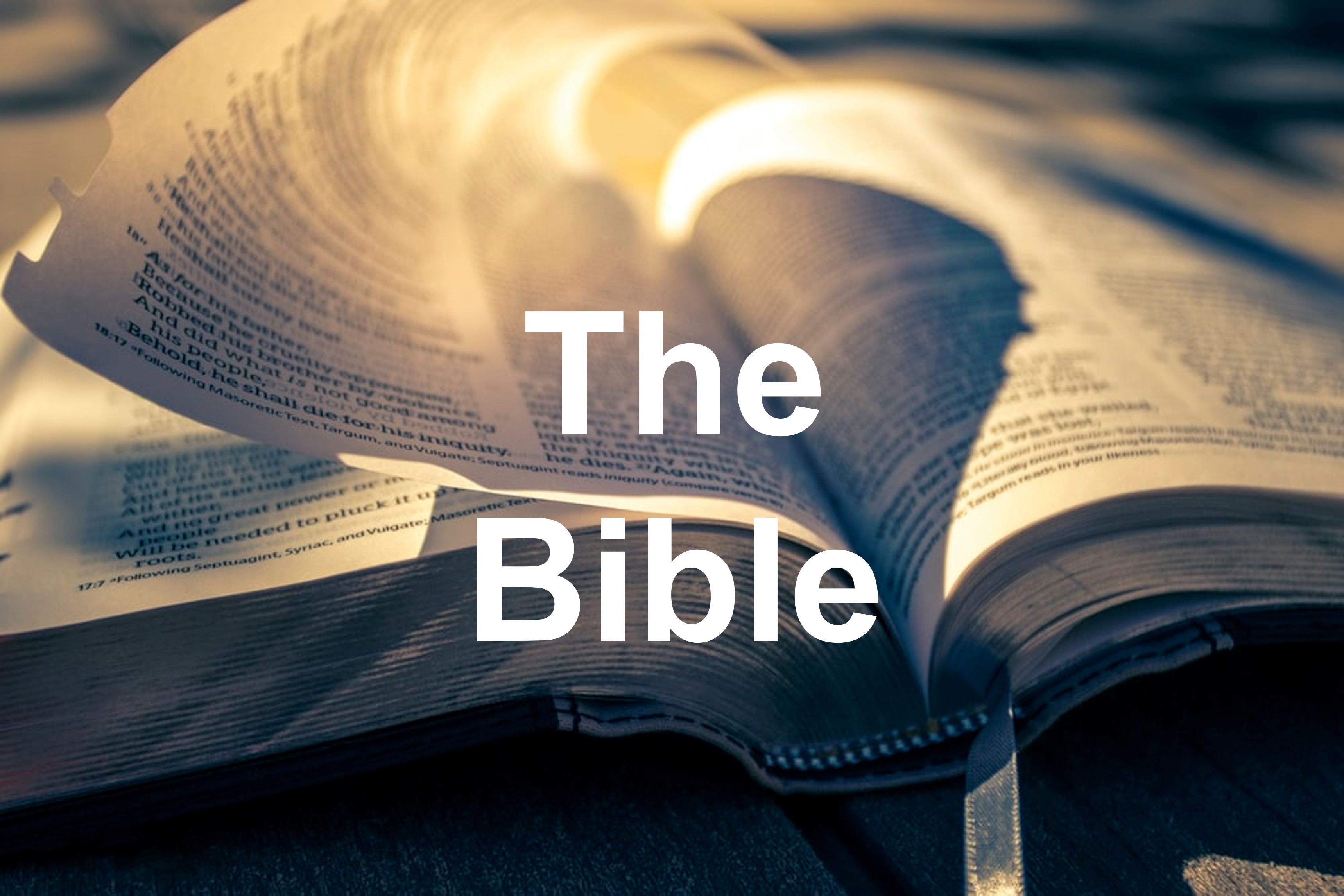
The Bible: From the standpoint of separation from God, the Bible is treated as God’s means of communicating with people, the word of God. Shifting to the standpoint of oneness with God, this view quickly changes. The Bible is not to be thought of as God’s communication to humanity, but as an expression of each writer’s understanding of God, the world, and their place in it.
The scriptures that mean most to us are those that support our trinity of core values. Those who embrace the Bible as the literal word of God make the assumption that these scriptures put forth a uniform view of God, the individual, and the individual’s relationship to God. One can quickly see, however, that a wide variety of views of each of these ideas are presented. The paradigm of separation and the paradigm of oneness are both clearly represented, an indication that individual contributors did not share a uniform understanding in these areas.
Conversely, those who believe that the Bible is a kind of metaphysical treatise, a written record of the soul’s evolution, are reading into this body of work a perspective that is not supported by Biblical scholarship and would not likely have been embraced by any of the original authors who had no idea their works would ultimately be included in such a collection.
The determining factor for what we draw from the Bible is that which supports our own set of core values. A particular scripture stands out because it reflects and supports our understanding of God, ourselves and our relationship to God. Readers in the habit of highlighting meaningful scriptural passages will discover that their highlighted passages are meaningful because the ideas they contain resonate with their trinity of core values.
Religion: Broadly speaking, the mainstream Christian holds that the individual is separate from God. Christian-based New Thought religions hold at their core the belief that God and the individual are one. While there are many points at which these two distinct streams of thought may touch, perhaps even agree, their starting point, their trinity of core values is in complete opposition, a fact that, when understood, makes it easier to agree to disagree.
As already suggested, the parable of the prodigal son provides an excellent model for religious thinking. The young son represents the wayward sinner. The elder son represents the mindset that seeks strict compliance with religious rules. The father extends his love and compassion to both. He goes out to greet his wayward son and he goes out to console the elder son who refuses to join the celebration of his brother’s homecoming. God as love transcends our mistakes and our attempts at winning God’s favor by doing good.
Each person must establish or clarify their own personal religion beginning with a clear statement of their understanding of the nature of God, themselves, and their relationship to God. All people need to consider how this trinity of core values works in their understanding of prayer, of prosperity and healing and of all the important aspects of their lives.
The Heart of Ministry: The ministry of Independent Unity promotes the truth of the omnipotence of God, the spiritual nature of the individual, and the relationship of oneness between God and the individual. We encourage study of spiritual literature that encourages the seeker to find God within themselves. We especially encourage quiet times of inner reflection, of practicing the presence of God as the primary means for deepening spiritual understanding through direct exposure to our spiritual Source. The inner revelations that this practice will surely inspire bring clarity in discerning the difference between old and new wine skins.
Jesus reminded us that we are to love the lord our God with all our heart, all our mind and with all our soul. Knowing the lord your God firsthand is the only way to truly comply with this powerful advice. It is in your quiet times that you discover the truth that will set you free.

